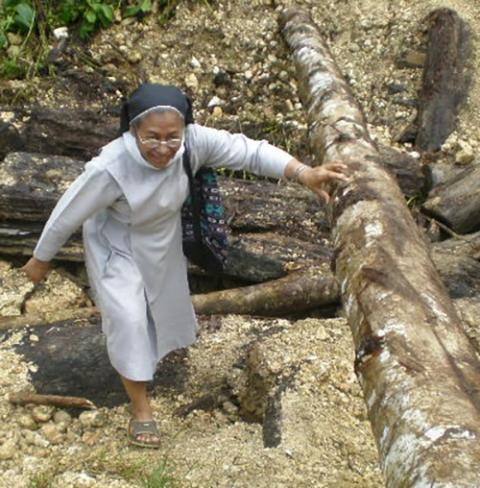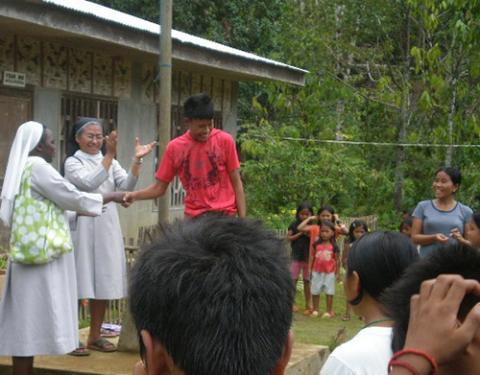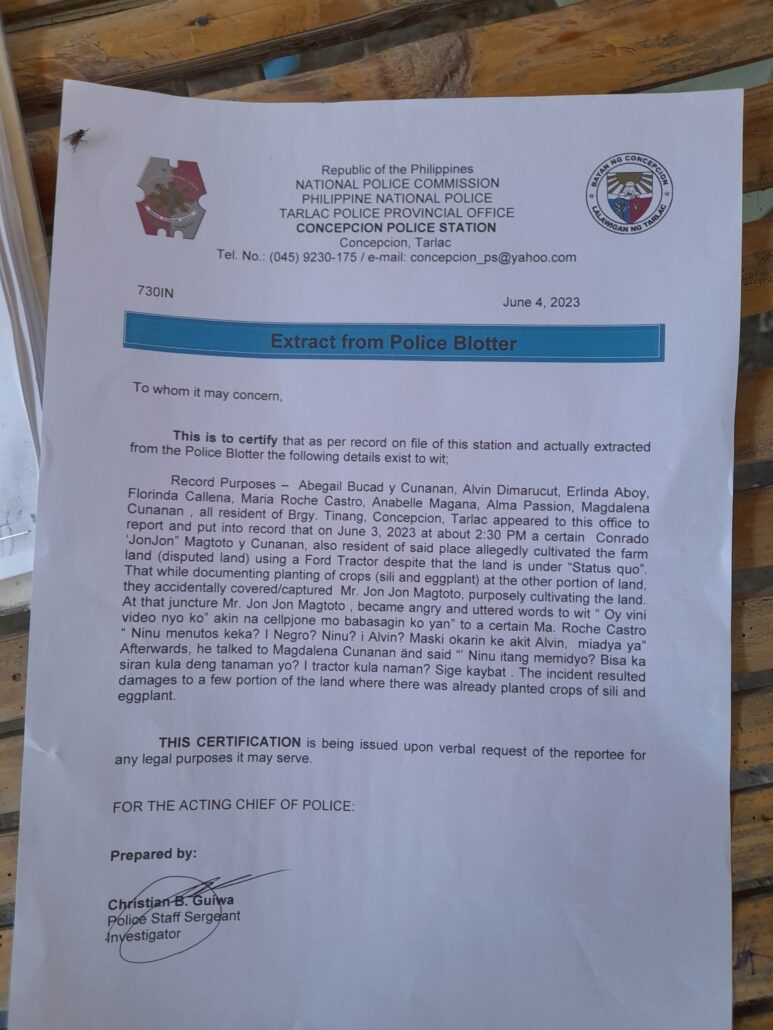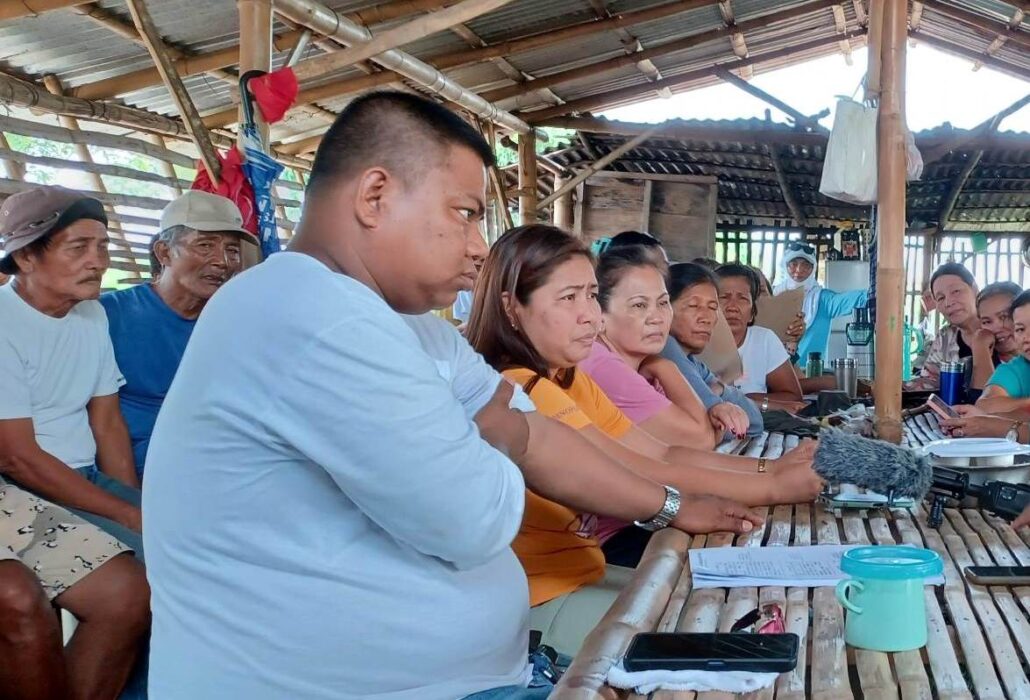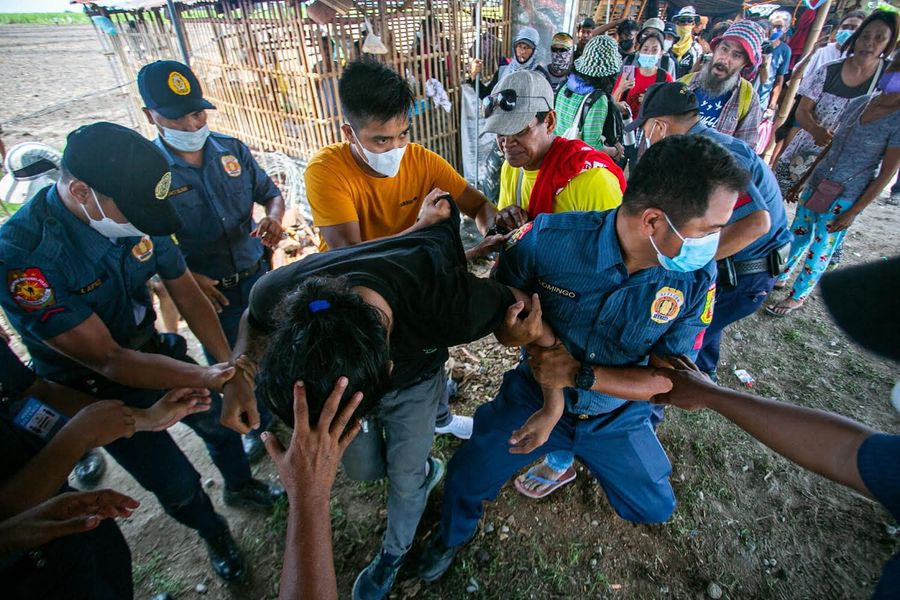NPA: Military massacred civilian family in retaliation for camp raid
The massacre of a family in Kabankalan City in Negros Occidental was carried out by the 94th Infantry Battalion (IB) and the citizen Armed Force Geographical Unit (CAFGU) in retaliation for an attack on the local paramilitary camp, the New People’s Army (NPA) said.
The NPA’s Mt. Cansermon Command (MCC) said Rolly and Emelda Fausto and their two minor children were killed by the soldiers and the paramilitary the day after a “harassment operation” was conducted against the local CAFGU camp last June 13.
“[The operation] resulted (in) several casualties on the side of the military troops within the camp. This was the reason behind their brutal retaliation on civilian farmers who they suspected as NPA supporters,” NPA’s South Central Negros Guerilla Front spokesperson Dionesio Magbuelas said.
Magbuelas said that the 94th IB has in fact been planning and preparing to butcher the Fausto family for some time.
He revealed that the MCC had received complaints from other residents in the area about threats to their personal safety after the military broadcast names of suspected NPA supporters on radio.
The military list included Rolly Fausto, Magbuelas said.
The military’s radio program, hosted by a Johnrey Hilado, also often insinuated that Rolly fed and supported the NPA.
“This was a form of red-tagging that put Rolly Fausto and others at risk,” Magbuelas said.
History of threats against the victims
A month ago, the Fausto family has been subjected to harassments and threats, and their home was ransacked by the 94th IB, mainly soldiers assigned to the Hilamonan and Mahalang detachments, the MCC said, a report corroborated by initial reports by local human rights group after the massacre last Wednesday, June 14.
The NPA unit was also notified by other residents that three suspicious persons, including a military asset who was a rebel returnee, also previously spied on the Fausto house.
Meanwhile, 303rd Brigade commander B/Gen Orlando Edralin denied government troops massacred the Faustos, claiming Roly was their asset.
Edralin alleged that it was the NPA who killed the family.
Magbuelas however laughed off Edralin’s allegations, adding the general only humiliated himself before reporters when he made the denials.
“How can one be a military asset when an individual was repeatedly threatened and tortured, and his house was ransacked just recently?” Magbuelas asked.
Human rights reports said that Emelda complained to their farmers’ organizations of the soldier’s ransacking of their house.
READ: IFI Bishop, groups denounce massacre in Negros
“The people know the dirty record of killings and the various forms of abuses perpetrated by the Armed Forces of the Philippines (AFP), particularly the 303rd Brigade,” Magbuelas said.
“The people will be the judge. Due to the consecutive extrajudicial killings, such as the case of Crispin Tingal Jr. and now the Fausto family massacre, (the military) can no longer deceive the public even if they shed buckets of crocodile tears to get the sympathy of the very people who are victims of their atrocities,” the MCC spokesperson said.
More denouncements
Meanwhile, activist groups held a condemnation rally in front of the Commission on Human Rights in Quezon City last Friday, demanding swift and impartial investigations of the massacre.
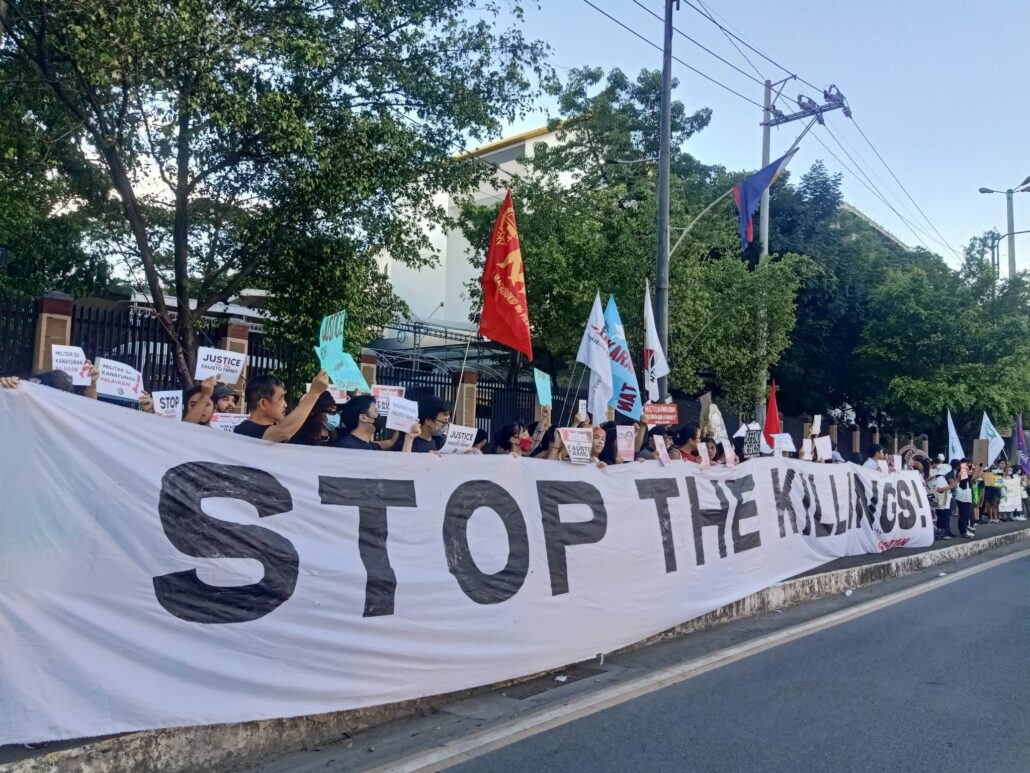
The groups said accusations and reports of the military’s hand in the gruesome murders must be looked into.
The national alliance for women Gabriela said the massacre is a gross violation by the AFP as it targeted non-combatants.
The group also pointed out that the military committed a grave violation of the United Nations General Assembly’s Declaration on the Protection of Women in Children in Emergency and Armed Conflict.
In a separate statement, the Unyon ng mga Manggagawa sa Agrikultura (UMA) said investigating authorities should also look into human rights violations under the lock down imposed by the military in nearby Himamaylan City.
UMA said the military imposed a media blackout on the status of 15,000 evacuees, downplaying their assault on seven farm workers, strafing of 15 Tumandok households, and looting of civilian homes.
The group reported at least 21 farmers have been victims of extrajudicial killings under the Ferdinand Marcos Jr. government.
“[We are] worried the Fausto massacre marked the beginning of another spate of killings on the island,” UMA chairperson Ariel Casilao said. # (Raymund B. Villanueva)

